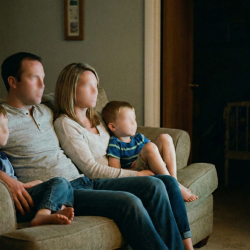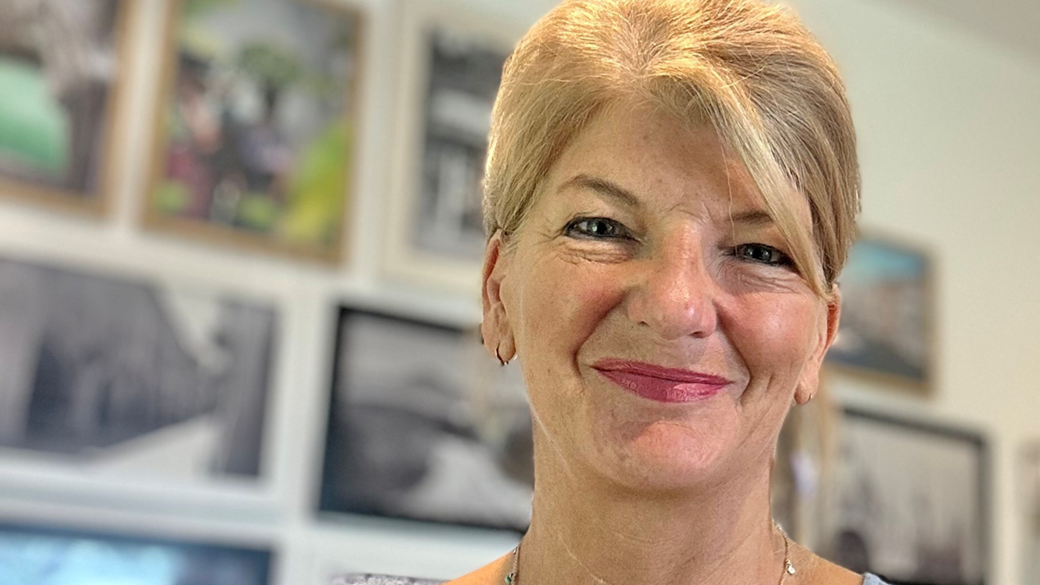The most important thing that the European Association of Communications Agencies (EACA) can do for its members, says CEO Charley Stoney, is guide them towards a new business model.
‘If you look at a social media agency, they’re really creating content,’ says Stoney. ‘The full-service agencies are creating content. PR agencies are creating content. The events and experiential agencies are creating content. It’s all about content. So, where is the IP being paid for in this value chain? Where is the strategic thinking being paid for?
In her other role as president of VoxComm — a global trade association for ad agencies — Stoney has commissioned a guidance paper on agency business models, to be undertaken early next year.
‘The idea is that it takes case studies from around the world — from South Africa to America to Canada to India — of agencies doing incredible things in terms of transforming how they do business, how they work with procurement, how they work with marketers, moving from the hourly rate.’
Newer markets, reasons Stoney, are a more likely source of innovation because agencies in these regions are usually more willing to experiment with their models than those in more established economies.
‘The UK market is so entrenched,’ she says, ‘so it’s probably going to be one of the slowest to change.
‘I did a presentation at a conference in Morocco the other day, in Casablanca, and they’re all over it, you know. Well, they’ve got so much to sort out in their advertising world.’
The other side of the coin, says Stoney, is that agencies have ‘got to deal with procurement properly — as grown-ups.’
‘We’re our own worst enemy,’ she adds, ‘but I understand it: you’re running a business, you’ve got mouths to feed, you’ve got procurement breathing down your neck.
‘The idea of having a guidance paper and having the concepts proved and the real-life case studies is to actually give the industry the confidence to go there. The reason why we don’t charge as much as the consultants is historical but also because of lack of confidence. And it’s entirely understandable, but it needs to change.’
Whatever the shape of the new business models that emerge, Stoney suspects that flexibility on the part of agencies will be key, and that they must find a way to incorporate time and effort, outputs and performance into their remuneration. Also, they’ll have to assiduously measure the impact of their work.
‘There have been very hairy tales about performance being brilliant and then the agency being shafted because the clients tell them that it was market forces, [and] the campaign only partially contributed. We have got to really prove the value of the work that we do.’
Stoney began as CEO of EACA in February 2025, having been the CEO of the Institute of Advertising Practitioners in Ireland since 2018.
The EACA was founded in 1959, before many agency networks had formed, as a forum for members to get together and discuss what was good and bad about the industry, and what they could achieve collectively, says Stoney.
Now it serves to coordinate Europe-wide industry initiatives, saving national associations from duplicating efforts, and also to give ad agencies a voice in EU debates about legislation and policy.
The EACA’s senior public affairs and legal advisor, Dr Mónika Magyar, has just got the association onto the European Union’s working group for AI Transparency, ‘which is practically unheard of,’ says Stoney.
Over the years, the EACA has made many attempts to catch the interest of members of the European Parliament, without much success.
‘So the main thing I’ve done this year is create an initiative that I know will engage them,’ says Stoney.
That initiative is to protect children online — something everyone in the industry agrees on, says Stoney.
The EACA consulted on the issue with the 5Rights Foundation, a non-governmental organisation that advances the argument that children’s rights and needs should be a primary consideration in how digital platforms are designed.
‘The whole point about safety by design,’ says Stoney, ‘is that the big platforms — the video game, the gambling apps, all the apps that are designed to be addictive — can really easily build in safety to prevent children from being targeted. And they’re not doing it simply because it’s costly to do and quite time consuming. But more importantly, they’re not doing it because they want the children to stay connected.
‘We have to take this seriously and we have to do something about it, and what we’ve discovered is EU citizens feel that they don’t have the power to do this change because they don’t understand that the legislation is already in place — but it’s not being enforced.’
As part of the initiative, the EACA in September organised a competition, challenging creatives to come up with ideas that address child safety on online platforms.
In addition to addressing ‘one of the biggest challenges of our time’, Stoney says that initiatives like this one, which she has called the EACA’s Campaign for Good, serves a secondary purpose in that it engages the European Union.
‘The resulting campaign will make a difference — that’s the whole point of it,’ says Stoney. [But] it’s been so well received that we had no less than eight MEPs attend our dinner in Strasbourg to launch [the competition]. So that was a huge success.’
Now that the EACA has been invited into the inner circle of the EU’s communications department, Stoney is already thinking about the association’s next Campaign For Good. She intends to adopt a new socio-political cause every two years or so. For the next one, she’s thinking about using the EACA’s platform to create a campaign that extols the virtues of democracy across Europe.
‘There’s some really good synergy around this Creativity For Good piece, and then of course, you use that as your Trojan horse and go: “Look, we’re responsible and we’re doing really good things, so could we please have a conversation about the political advertising policy? Because, really, no one understands it.”’



























